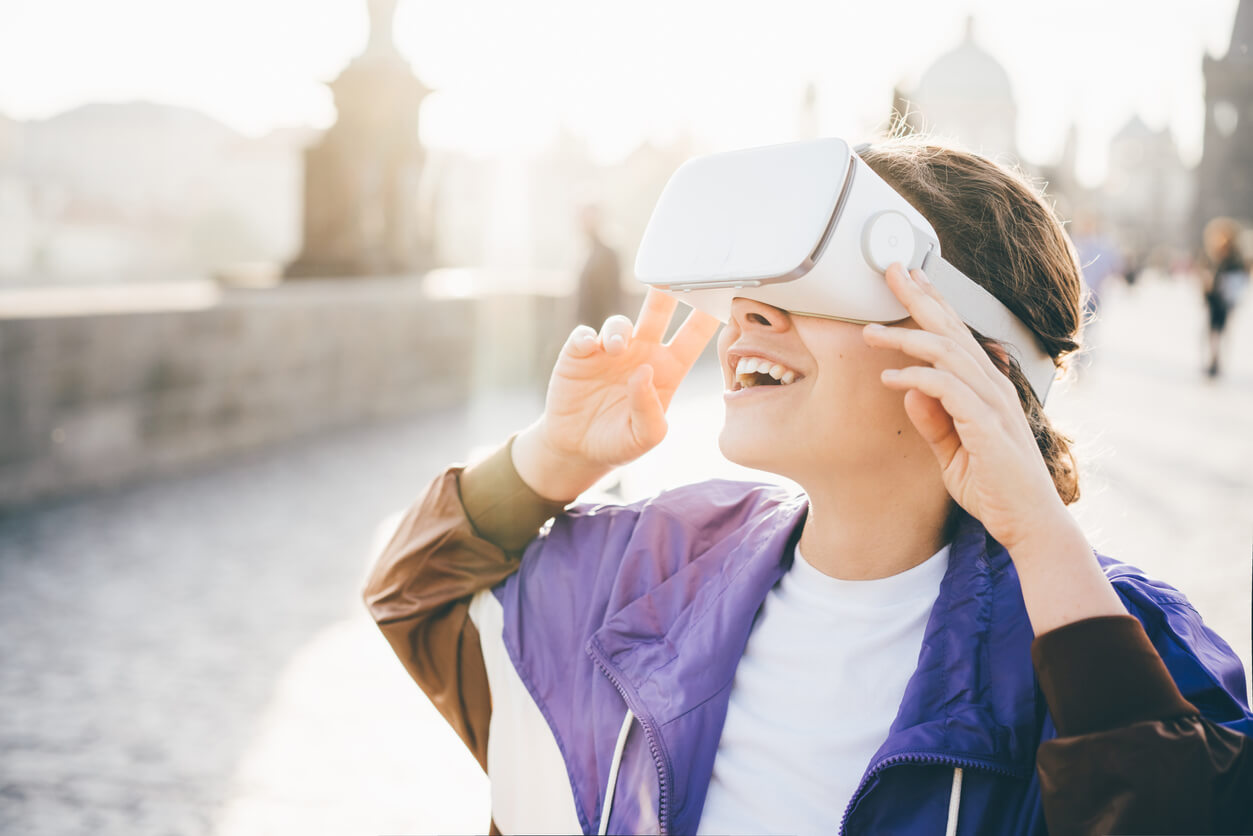As the concept of space tourism moves from science fiction to reality, a new era of exploration is on the horizon. Companies like SpaceX, Blue Origin, and Virgin Galactic work tirelessly to make space travel accessible to private citizens. The idea of traveling beyond Earth’s atmosphere is no longer reserved for astronauts; soon, tourists could join the ranks of those who have experienced the awe-inspiring view of our planet from space. However, with this new tourism frontier comes a host of cultural questions: How will space tourism impact our perception of the world and humanity’s place in the universe? Are we truly ready for this new era?
The Rise of Space Tourism
The idea of space tourism has captured people’s imagination for decades. However, it is only in recent years that advancements in technology and private investment have made it a real possibility. Companies like Virgin Galactic have already launched suborbital flights, taking paying customers just beyond the Kármán line, the boundary where space begins. SpaceX, on the other hand, aims to make space travel a more immersive experience, with plans for longer trips and even private missions to the Moon and Mars.
While these ventures initially cater to the ultra-wealthy, they set the stage for the eventual democratization of space travel. As the industry grows, it is anticipated that the cost of space tourism will decrease, making it available to a broader range of people. The question then becomes: How will space tourism influence our culture, and are we prepared for the societal shifts it will bring?
Redefining Human Perspective
One of the most profound cultural impacts of space tourism will be the shift in how we view our planet and ourselves. Space travelers often speak about the “Overview Effect”—a cognitive shift when viewing Earth from space. Astronauts report a deep sense of unity and connection to the planet and an overwhelming realization of the fragility and interconnectedness of life on Earth. For those who will have the privilege of experiencing this firsthand, the effect will likely alter how they view environmental issues, borders, and humanity’s place in the universe.
The ability to see Earth as a small, fragile blue dot in the vastness of space could foster a new sense of responsibility toward preserving the planet. As space tourism becomes more accessible, it may spark global conversations about sustainability and environmental stewardship. However, there is also the risk that the cultural and societal shift could be seen as elitist or exclusive, only reinforcing the divide between the wealthy few who can afford to travel to space and the rest of the population who remain grounded.
Cultural and Social Divides
Space tourism has the potential to deepen social and economic divides further. For many, spending millions of dollars to leave Earth briefly could seem frivolous, especially when global challenges such as poverty, inequality, and climate change remain unresolved. Critics argue that the focus on space exploration for leisure may need to be more focused on the urgent need to address problems on Earth. In contrast, proponents of space tourism argue that it could inspire technological innovation and scientific advancements that benefit life on Earth.
The accessibility of space for the masses also raises questions about cultural values. As space becomes a new frontier for human exploration, will it reflect the values of the wealthy, the primary participants in space tourism today? Will space be seen as a new playground for the elite, or will it become a universal experience that shapes the collective human experience?
Impact on Global Identity
Space tourism could also shift our global identity. Humanity has identified with the planet for centuries, with national boundaries and cultural differences shaping our experiences. The shared experience of space travel could challenge national identities and encourage a more unified global perspective. Seeing Earth from space—a planet without borders, divisions, or conflicts—could foster a sense of global citizenship, where people see themselves as caretakers of the earth, regardless of nationality.
On the other hand, space tourism could create a new cultural divide, where only a select few can experience space, and others are included. The future of space tourism will depend mainly on how governments, corporations, and society choose to integrate space travel into the broader cultural landscape. Will it be a transformative experience for all, or will it reinforce the existing inequalities of wealth and power?
Conclusion
As space tourism enters a new phase, it brings a wealth of cultural implications. From redefining our relationship with Earth to challenging social and economic divides, space tourism can potentially change how we view ourselves and our place in the universe. However, with these changes come significant ethical and social challenges that require careful consideration. As we prepare for the age of space tourism, it’s essential to ask whether we are ready for the cultural shift it will bring and how we can ensure that space exploration remains an endeavor that benefits all of humanity, not just the privileged few.




